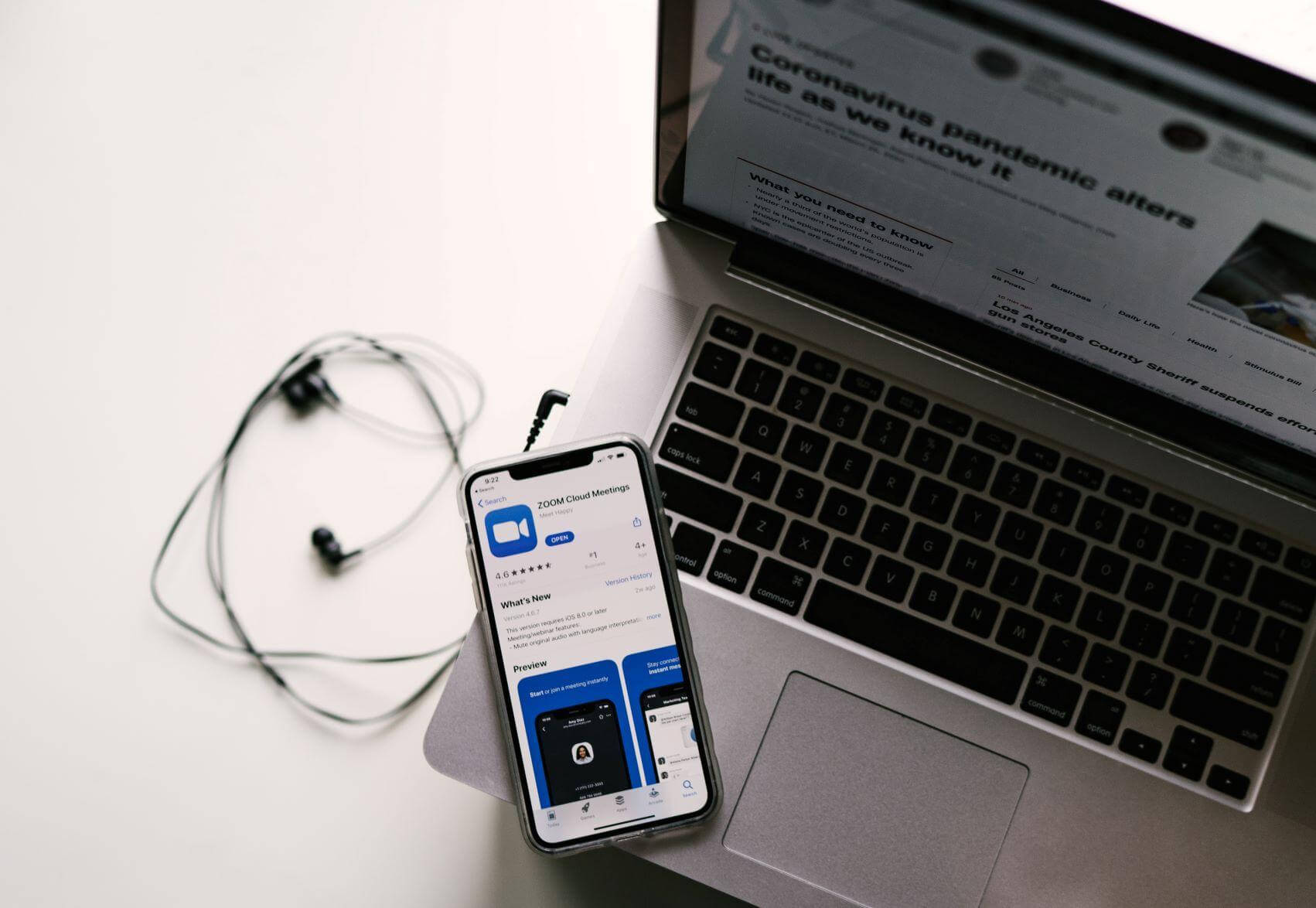Ease and cost of video conferencing have been steadily improving for years, and now the COVID-19 Pandemic has pushed many organizations to significantly increase their usage of remote meeting technology to facilitate their remote workforce..
Unfortunately, hackers usually take advantage of these new vulnerabilities. That has happened in recent days with Zoom, one of the leading video conferencing vendors. Without precautions, the issues could happen with others providing these functions
What Is Zoombombing?
Zoombombing, Zoom-bombing or Zoom raiding is the unwanted intrusion into a video conference call by an individual, which causes disruption. Last Friday, an online class of seventh graders was shown inappropriate content when someone joined the public meeting and started presenting their own content. The meeting facilitator had not taken the necessary steps to protect the meeting from this “Zoombombing” occurrence. Similar happenings have been reported during university courses.
Our team of experts put together a list of tips to protect you from Zoombombing:
- When creating meetings for large groups or the public, use a one-time code instead of a Personal Meeting ID (PMI). Bad actors can use the PMI to try and jump in on your Zoom calls at any time.
- Always require passwords for your meetings.
- Enable Authentication protocols which require anyone attempting to join to have proper authorization.
- Do not share links to your meetings publicly.
- Only allow hosts to share their screen.
- Only enable presenters to use their cameras
- Keep disabled file transfer setting active to limit participants from sharing files.
- When possible, use a waiting room. Waiting rooms require the host to let participants in the actual call.
- When possible, lock the meetings after all authorized participants join. This keeps uninvited participants from joining the meeting.
Privacy concerns and how the video conferencing company uses your email and other attendee information have also developed over the past few years.
Remote Workforce: How to Connect Your Team Securely Without Interruptions
While ease of use and video quality is important, so are security and privacy. Research and select your provider carefully, and then be sure to implement best practice configurations to protect your online meetings. Minimize possible any sensitive content shown or discussed during the meeting.
To ensure applications for your remote workforce are rolling out efficiently and securely, consider partnering with an organization that can manage this for you. Corsica Technologies can help ensure your technology is sufficient for remote employees. We are here to help. Give us a call today at (855) 411-3387or reach out to us here.

Johnny Walton
Johnny Walton is the Director of Local Government Services for Corsica Technologies, LLC, a security solutions provider specializing in monitoring, audits, assessment and incident response. With over 35 years as the IT Director for a county government, Johnny has the experience to help government and non-government organizations with their technology needs in varied areas, including security, networking, compliance, process improvement, records management, budgeting, and much more.






